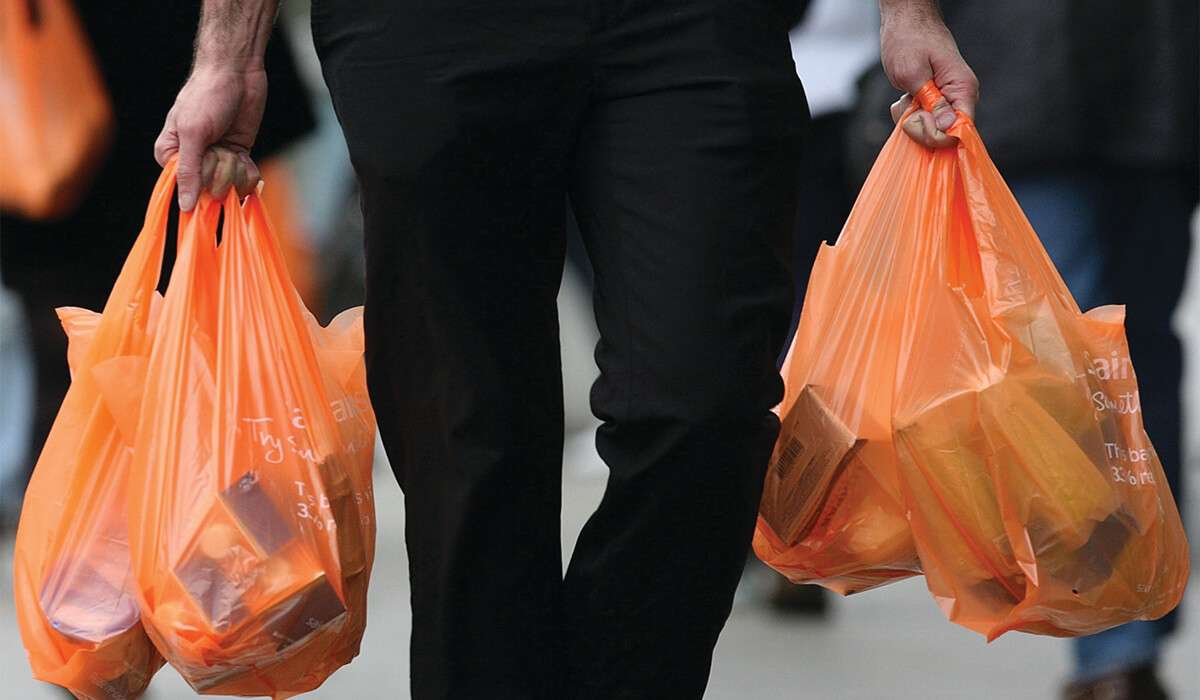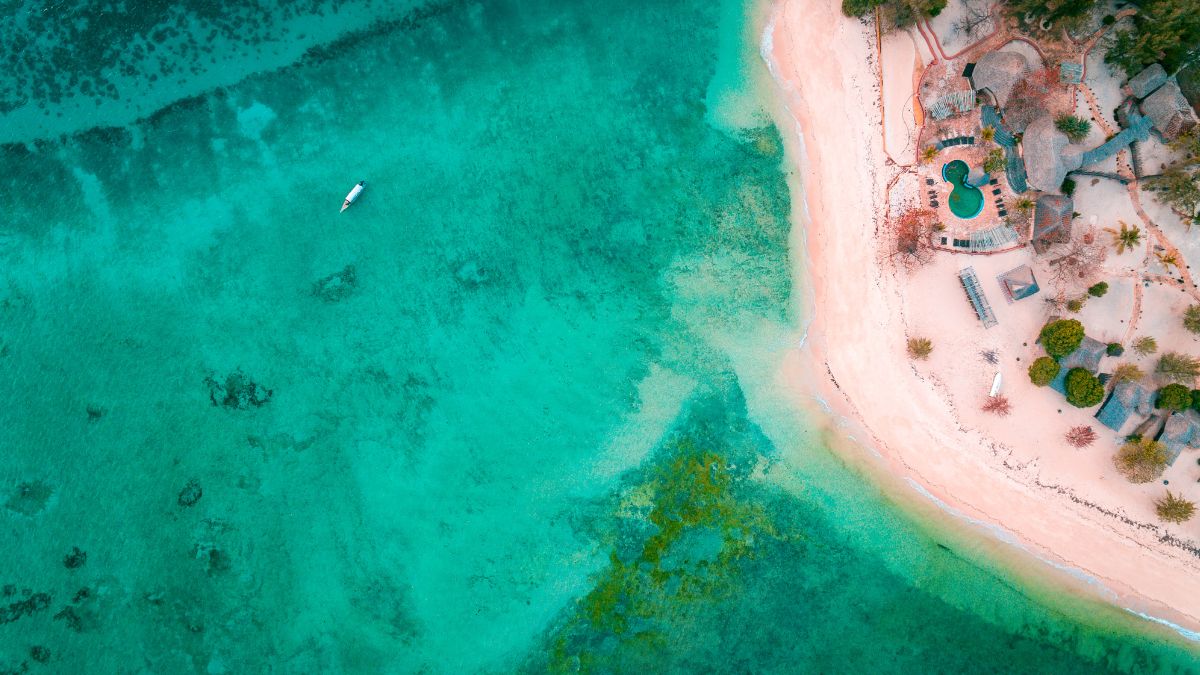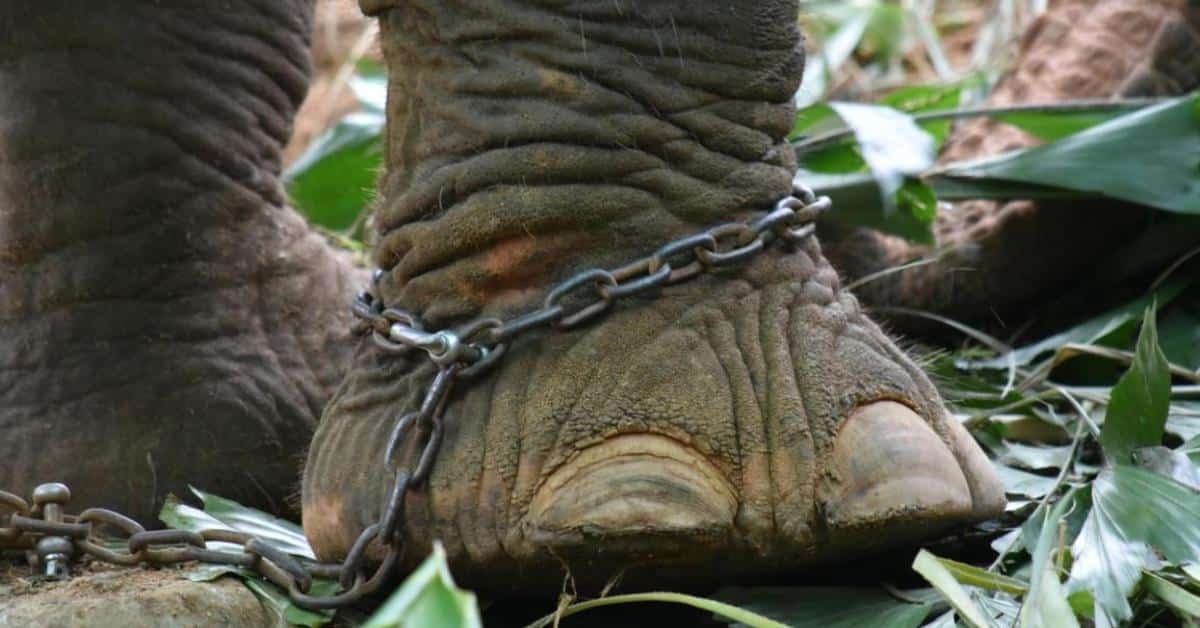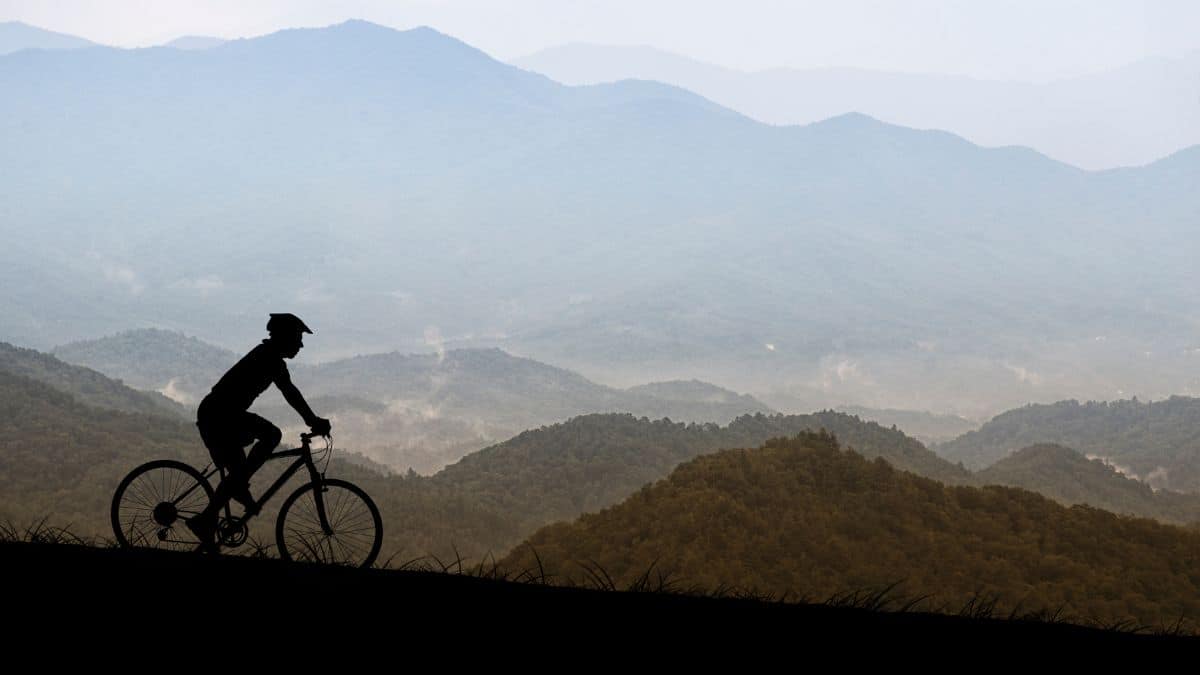Tanzania’s commitment to environmental protection and wildlife conservation led to the bold decision to ban single-use plastic bags in 2019. With stunning national parks, world-renowned beaches, and a unique cultural heritage, Tanzania’s environment is not just a local asset but an international treasure.
Plastic pollution threatens these landscapes by harming wildlife, affecting human health, and spoiling the scenic beauty that draws millions of tourists annually. Single-use plastics, mainly bags, are among the most wasteful and damaging forms of pollution, making this regulation a critical step toward a sustainable future.
Tanzania’s ban aligns with global efforts to reduce plastic waste and protect ecosystems for future generations.
How the Plastic Bag Ban Affects Visitors
This policy affects tourists traveling to Tanzania from the moment they arrive. The ban covers all single-use plastic bags brought into the country, including those in carry-on and checked luggage.
At points of entry, customs officers will enforce the ban by screening for prohibited items, so it’s essential for visitors to understand and respect these guidelines to avoid complications. Failure to comply could result in delays, confiscation, or even fines.
Tanzania asks for tourists’ cooperation, recognizing that their participation can help preserve the nation’s natural beauty.
Approved Alternatives: What You Can Bring Instead
Travelers should consider replacing single-use plastic bags with reusable and biodegradable alternatives. Clear zip-lock bags for toiletries are allowed if travelers keep them throughout their stay and do not dispose of them in Tanzania.


Other acceptable options include reusable cloth or biodegradable bags, which are environmentally friendly and can be reused across multiple trips. Many shops and airports offer eco-friendly alternatives, making it easier to find replacements before departure.
Travelers can avoid customs issues by bringing approved items while supporting Tanzania’s conservation efforts.
Understanding the Exceptions to the Ban
The plastic bag ban makes specific allowances for necessary, non-consumer use. For example, some plastic bags for medical purposes, specific food packaging, and items used in construction or agriculture are permitted in Tanzania.
These exceptions reflect the need to balance environmental concerns with practicalities in various sectors where plastic alternatives might not be feasible. Tanzania emphasizes that these exemptions are limited to reducing unnecessary plastic while addressing the specific needs of different industries.
Travelers must recognize that these exemptions do not apply to them and adhere strictly to the general guidelines.
Environmental Impact of Plastic Pollution in Tanzania
Plastic pollution is a global crisis, but it poses specific challenges in Tanzania due to its delicate ecosystems. Wildlife often mistake plastic waste for food, leading to digestive blockages, injury, and even death.
This is especially concerning for Tanzania’s iconic species, like elephants, zebras, and marine animals along the coast. Plastics also degrade slowly, creating harmful microplastics that contaminate soil and water sources, affecting wildlife and local communities.
In response, Tanzania’s government saw the need for decisive action, recognizing that without strict controls, plastic pollution could irreversibly damage the environment and impact tourism, which is crucial to the national economy.
Biodegradable and Eco-Friendly Bag Options
Tanzania encourages visitors to use biodegradable or eco-friendly bags to support the transition from single-use plastics. Many biodegradable bags are designed to break down naturally over time, reducing their environmental impact.
Alternatives like cotton or jute bags, paper bags, and compostable materials are great for travelers. Tanzania is working to make these sustainable options readily available for those needing bags during their stay.
Using biodegradable materials complies with local regulations and contributes to Tanzania’s broader conservation goals.
Consequences of Non-Compliance with the Ban
Travelers should take this ban seriously, as Tanzania has implemented strict enforcement measures. Visitors with unauthorized plastic bags at entry points may face delays or have their bags confiscated.
Repeated offenses or serious violations could even lead to fines, although the government focuses more on awareness than punitive measures. Following the guidelines ensures a smooth travel experience and helps avoid inconveniences that could interfere with the journey.
In the spirit of mutual respect, Tanzania asks that all visitors adhere to the rules, recognizing that each person’s actions can impact the overall success of the ban.
The Global Movement Against Plastic Pollution
Tanzania’s ban is part of a global effort to combat plastic waste. Nearly 60 other countries have implemented similar restrictions. Around the world, nations are taking steps to reduce single-use plastics in response to mounting evidence of environmental harm.
By participating in this movement, Tanzania demonstrates its commitment to sustainability and sets an example for other countries, especially within East Africa. The success of such bans globally reflects a shared understanding that plastic pollution is a critical issue that transcends borders.
Supporting these measures should encourage travelers to Tanzania to feel they are part of a more significant, impactful change.
What Tourists Can Do to Support Environmental Conservation in Tanzania
Visitors have a unique opportunity to contribute to Tanzania’s conservation efforts beyond just adhering to the plastic ban. By choosing sustainable travel options, using eco-friendly products, and supporting local conservation projects, tourists can have a lasting positive impact.
Small actions that make a difference are avoiding plastic bottles, minimizing waste, and respecting local customs and regulations. Additionally, visiting eco-friendly accommodations, using tour operators that prioritize sustainability, and spreading awareness about responsible travel all help build a more environmentally conscious tourism industry.
Tanzania’s breathtaking natural environment depends on everyone’s cooperation to preserve it.
Join the Effort: Supporting Tanzania’s Sustainable Future
The ban on plastic bags is just one part of Tanzania’s more significant commitment to environmental sustainability. Protecting Tanzania’s landscapes and ecosystems requires the support of both residents and visitors, as each individual plays a role in reducing pollution and protecting resources.
By respecting local regulations and understanding the rationale behind these policies, tourists can help ensure that Tanzania remains beautiful and thriving for future generations. Engaging with local communities, supporting eco-tourism, and learning about Tanzania’s conservation efforts can deepen visitors’ appreciation and inspire them to advocate for a sustainable future.
Tanzania’s Wildlife and the Dangers of Plastic
Tanzania’s wildlife is one of its most fantastic attractions, but plastic waste poses significant threats to these animals. Ingesting plastic or becoming entangled in it can lead to severe health issues or death for animals like elephants, lions, and birds, disrupting local biodiversity.
Plastic littering the ocean harms marine life along coastal areas, including dolphins, turtles, and coral reefs. Understanding the dangers of plastic pollution highlights the importance of the ban and encourages travelers to adopt plastic-free practices during their stay.
Visitors help protect Tanzania’s vibrant biodiversity and contribute to its ecological well-being by minimizing waste.
How Local Businesses Are Adapting to the Ban
Many businesses in Tanzania have embraced the change and shifted toward environmentally friendly practices. Retailers, hotels, and restaurants increasingly offer customers sustainable packaging and reusable options, aligning with the country’s environmental goals.
This shift reduces plastic waste and sets an example for others, inspiring visitors to consider their environmental impact. By supporting businesses that use sustainable practices, tourists help build a more eco-friendly economy.
The ban also encourages innovation, as local entrepreneurs develop new ways to meet consumer needs while minimizing environmental harm.
A Visitor’s Guide to Packing Plastic-Free
Planning a plastic-free trip to Tanzania doesn’t have to be complicated. Packing essentials in reusable bags, avoiding single-use items, and bringing eco-friendly toiletries can make a significant difference.
Consider using cloth bags for shopping, refillable water bottles to reduce plastic waste, and biodegradable containers for food storage. Tanzania’s airports and markets increasingly provide alternatives to plastic, making it easier for travelers to adhere to the rules.
This guide encourages visitors to pack thoughtfully to comply with the law and travel responsibly.
A Call to Preserve Tanzania’s Natural Beauty
Tanzania is one of Africa’s most beautiful destinations, with diverse landscapes and a rich cultural heritage. The country’s single-use plastic ban reminds visitors of its commitment to preserving its unique environment.
Visitors play an essential role in maintaining Tanzania’s natural splendor by following the guidelines and embracing sustainable practices. Every action counts, and travelers can leave a positive impact by supporting eco-friendly initiatives and respecting local regulations.
Protecting Tanzania’s beauty ensures that future generations can experience the same natural wonders.
Take Action: Spread Awareness on Plastic-Free Travel
Raising awareness about the plastic ban and sustainable travel practices can create a ripple effect among future visitors. Social media, travel blogs, and word-of-mouth can help share Tanzania’s commitment to plastic-free environment.
Tourists can inspire others to prepare responsibly by sharing their experiences with sustainable packing and plastic-free alternatives. Promoting environmentally conscious travel supports Tanzania’s efforts and promotes a global movement toward eco-friendly tourism.
Conclusion
Tanzania’s decision to ban single-use plastic bags marks a crucial step toward environmental preservation, especially in a country that values its unique biodiversity and natural beauty. Visitors are encouraged to support these efforts by adhering to the regulations, packing responsibly, and spreading awareness about eco-friendly travel practices.
Through collective action and respect for the rules, tourists and residents can contribute to a cleaner, greener Tanzania. For a fulfilling travel experience that leaves no trace, choose sustainable alternatives and embrace the spirit of conservation. This will allow Tanzania to shine as a pristine, beautiful destination for generations.
Frequently Asked Questions (FAQs)
When did Tanzania’s single-use plastic bag ban go into effect?
The ban on single-use plastic bags in Tanzania officially went into effect on June 1, 2019. Since then, bringing, selling, or using single-use plastic bags within the country has been illegal. This action aligns with Tanzania’s dedication to environmental conservation and aligns the country with similar global initiatives to reduce plastic waste and pollution.
What types of plastic bags are banned in Tanzania?
The ban encompasses all single-use plastic bags, including shopping, carrier, and plastic packaging materials typically used for disposable purposes. Travelers are also prohibited from bringing these types of plastic bags in their hands or checked luggage. The ban is all-encompassing to prevent potential plastic waste from reaching Tanzania’s land or waters.
Can I bring reusable plastic bags into Tanzania?
The ban permits reusable plastic bags, such as transparent zip-lock bags used to store toiletries. Travelers must keep these bags throughout their stay and should not dispose of them while in Tanzania. The regulation allows reusable bags because they are not single-use and pose less of a risk to the environment compared to traditional disposable plastic bags.
Are there any penalties for bringing plastic bags into Tanzania?
Yes, there are potential penalties for bringing plastic bags into Tanzania. Travelers arriving with single-use plastic bags may experience delays at customs, as these bags will likely be confiscated.
In more severe cases, those who violate the rule may face fines. Tanzania takes enforcement seriously to protect its wildlife, waterways, and natural spaces from plastic waste.
Are any plastic bags allowed under the ban?
Some plastic bags are permitted, but only for specific uses. For instance, confident medical, agricultural, construction and industrial applications are exempt from the ban.
Additionally, some food packaging, such as bags for milk and sugar authorized by Tanzanian retailers, is allowed. These exceptions are carefully regulated to ensure only necessary plastic bags are permitted for critical sectors without undermining the overall environmental goals of the ban.
Can I use a plastic bag to pack my items before arriving in Tanzania?
It’s advisable to avoid using plastic bags for packing altogether when preparing to travel to Tanzania. Instead, consider using cloth bags, paper bags, or biodegradable alternatives that won’t conflict with the regulations. By choosing these eco-friendly materials, you can avoid potential issues at customs and fully align with Tanzania’s commitment to reducing plastic waste.
What alternatives are recommended instead of plastic bags?
Travelers to Tanzania are encouraged to use alternatives like cloth bags, paper bags, or other biodegradable materials. These options are not only compliant with local laws but are also readily available and environmentally friendly. They provide a practical way to transport items while respecting Tanzania’s plastic-free policies, contributing to preserving the country’s ecosystems.
How is Tanzania addressing plastic pollution through this ban?
Tanzania is enacting this ban to tackle plastic pollution head-on. This is part of a larger effort to reduce overall waste, protect wildlife, and preserve the country’s natural beauty, especially in national parks, coastal areas, and tourist hotspots. By banning single-use plastic bags, Tanzania aims to set an example and contribute meaningfully to the global fight against plastic pollution.
Is the plastic bag ban strictly enforced at airports and entry points?
Yes, enforcement is strict, especially at airports and other points of entry into Tanzania. Customs officials are vigilant about the ban and will check luggage for single-use plastic bags. Travelers are encouraged to be mindful of this from the moment they pack for their trip, as compliance from the start helps avoid unnecessary delays upon arrival.
What should I do if I accidentally bring a plastic bag with me?
If you inadvertently bring a plastic bag, it will likely be confiscated at customs when you arrive. Customs officers may also provide an eco-friendly alternative if you need one for your items, ensuring you have a convenient replacement without violating regulations.
Why is Tanzania focusing on banning single-use plastic bags?
Tanzania’s focus on banning single-use plastic bags stems from the significant environmental damage they cause. These bags contribute to litter, harm wildlife, and are difficult to recycle.
They often pollute the landscape and waterways, leading to long-term ecological issues. By banning these bags, Tanzania aims to reduce waste, protect its biodiversity, and preserve the pristine beauty of its environment.
Are there other plastic items that I should avoid bringing to Tanzania?
While the ban currently applies solely to single-use plastic bags, it’s beneficial to reduce other single-use plastic items, such as straws, utensils, and bottles, as part of a more sustainable travel approach. Although not strictly regulated, minimizing your use of other plastics further supports Tanzania’s environmental initiatives and sets a positive example as a responsible traveler.
How has the local community responded to the plastic bag ban?
The ban has received significant support from local businesses and residents, embracing reusable and biodegradable alternatives. Retailers and markets have shifted towards eco-friendly packaging, and the community broadly supports the government’s initiative to safeguard Tanzania’s beautiful landscapes and biodiversity. This shift reflects growing environmental awareness and a commitment to sustainable living.
Where can I buy eco-friendly bags in Tanzania?
For those who need bags while traveling in Tanzania, eco-friendly options are widely available. Many markets, shops, and hotels offer cloth or biodegradable bags, allowing visitors to comply with the law quickly. This accessibility makes it convenient for tourists to use sustainable alternatives while enjoying their time in Tanzania.
What message does Tanzania hope to send to visitors with this ban?
Through this ban, Tanzania encourages visitors to join its commitment to environmental conservation. By respecting the plastic bag ban, travelers actively preserve the country’s natural wonders and protect its diverse wildlife.
The ban highlights Tanzania’s determination to lead by example and inspires visitors to be mindful of their environmental impact. Ultimately, this initiative contributes to a cleaner, healthier planet and ensures that Tanzania’s beauty remains unspoiled for future generations.



















